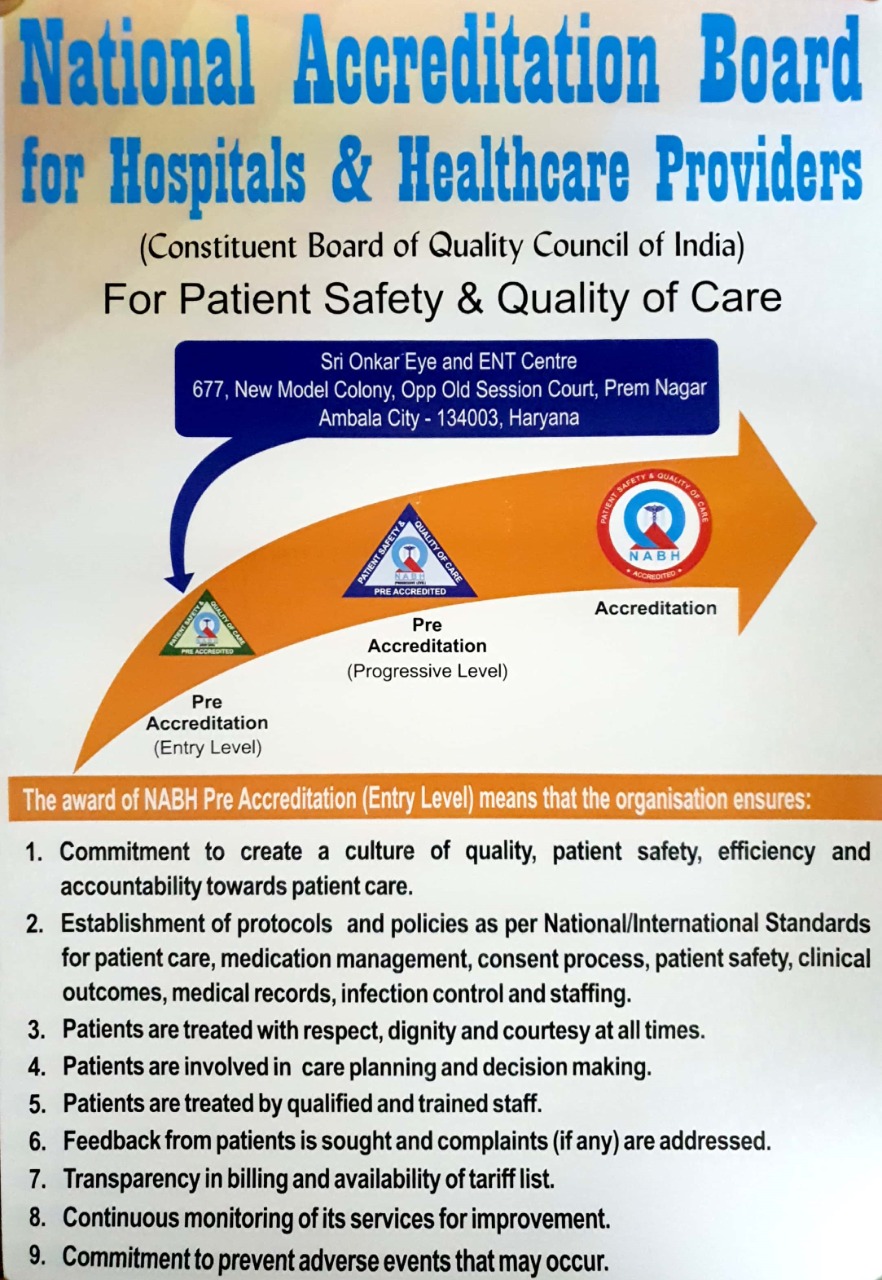What is an Allergy?
Allergy is a condition in which the immune system of the affected person reacts to something that is eaten, touched, or inhaled. The patient’s immune system reacts as if it were an “enemy invader” (like a virus). This reaction leads to symptoms that often adversely affect the patient’s work, play, rest, and overall quality of life. Any substance that triggers an allergic reaction is called an allergen.
Millions of Americans suffer from allergies, commonly known as hay fever. It is estimated that 1 in 4 people have allergies. Many ear, nose and throat complaints are due to allergies. An ear, nose, and throat specialist can help determine if you have underlying allergies and help develop a management plan that will help make life more enjoyable.

Many common substances can be allergens.
Pollens
Seasonal allergens include grasses, trees, and weeds. Early springtime allergies are most often caused by pollens to trees such as elm, maple, birch, poplar, beech, ash, oak, walnut, sycamore, cypress, hickory, pecan, cottonwood, and alder. Flowering plants rarely cause allergy symptoms. Often fragrant flowers are blamed for the uncomfortable symptoms, yet they are rarely the cause; their pollens are too heavy to be airborne. Summer pollens come from grasses like timothy, orchard, red top, sweet vernal, Bermuda, Johnson, and some bluegrasses. Late summer and fall allergens include weeds such as ragweed.
Household Allergens
Certain allergens are present all year long. These include house dust mites, pet dander, and molds. Symptoms caused by these allergens often worsen in the winter when the house is closed up, due to poor air ventilation.
Mold
Mold spores also cause allergy problems. Molds are present all year long and grow both outdoors and indoors. Dead leaves and soil are common sources for outdoor molds. Indoor plants, old books, bathrooms, and damp areas are common sources of indoor mold growth.
What are the Symptoms of Ear, Nose and Throat Allergies?
People often think of allergy as only “hay fever,” with sneezing, runny nose, nasal stuffiness and itchy, watery eyes. However, allergies can also cause symptoms such as chronic “sinus” problems, excess nasal and throat drainage (postnasal drip), head congestion, frequent “colds,” hoarse voice, eczema (skin allergies), recurring ear infections, hearing loss, dizziness, chronic cough and asthma. Even stomach and intestinal problems, as well as excessive fatigue and headache, can be symptoms of allergy.
When should a doctor be consulted?
When allergy symptoms are not well controlled with over the counter medications, a doctor should be consulted. The doctor will gather a detailed history and complete a thorough examination of the ears, nose, throat, and head. The doctor will also offer advice on proper environmental controls to decrease exposure to allergens. The doctor will evaluate the sinuses to determine if infection or structural problems (deviated septum, polyps) are causing the symptoms. In addition, the doctor may suggest testing to find the specific allergen that is causing discomfort.


